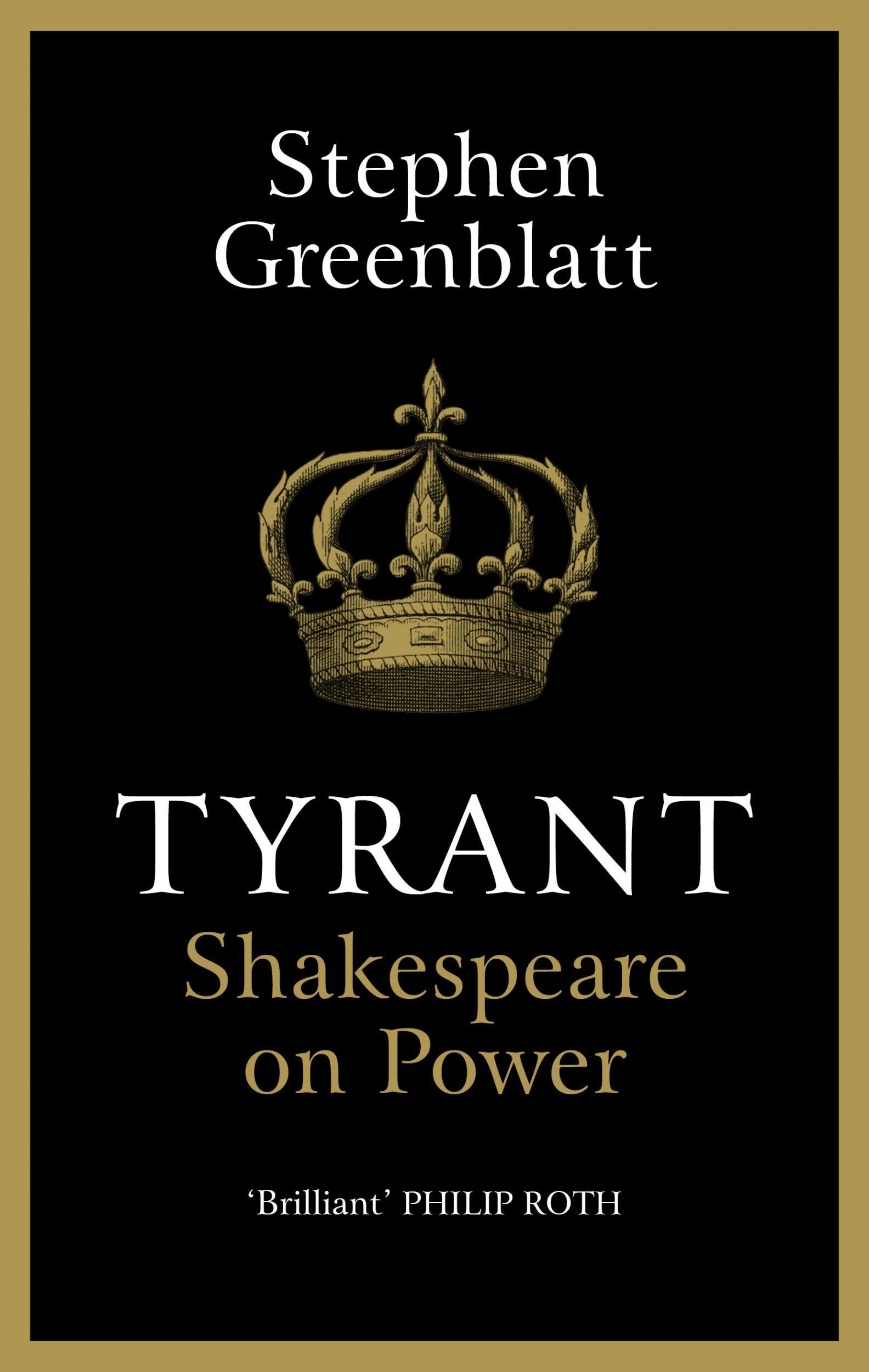In Tyrant:
Shakespeare on Power, Stephen Greenblatt examines how various megalomaniacs
and their supporters are depicted in six of Shakespeare’s plays. Without
mentioning the name of the current incumbent of the oval office, he draws numerous
parallels between U.S. president number 45 and some of the greatest villains in
literature.
There is Richard III’s bogus identification with the masses, The Winter’s Tale’s King Leontes’ demand
for loyalty above principles, Macbeth’s infecting of the entire body politic.
And of course, there is also a host of self-serving toadies who enable these
men to rise, some through sheer self-interest, some because they are convinced
they can exert some control over the tyrant.
In every instance, the man who attains his position by courting the
masses or through shrewd skulduggery turns out to be completely unsuited to
rule and chaos ensues. Greenblatt also notes how in Shakespeare’s plays, despots
tend to emerge when there are deep political divisions in a kingdom.
Greenblatt writes about each play with
great clarity and wisely avoids making explicit reference to the current
turmoil in his home country. Shakespeare appeared to use many of his history plays and
tragedies to look at contemporary events from an oblique angle (to be explicit
could lead to accusations of treason and punishment by torture or execution). Save
for his vague comments on the 2016 presidential election in the acknowledgements
section, Greenblatt wisely does the same. This admirably clear and thoughtful book adds yet
more support for Jonson’s claim that Shakespeare is ‘for all time’.

No comments:
Post a Comment